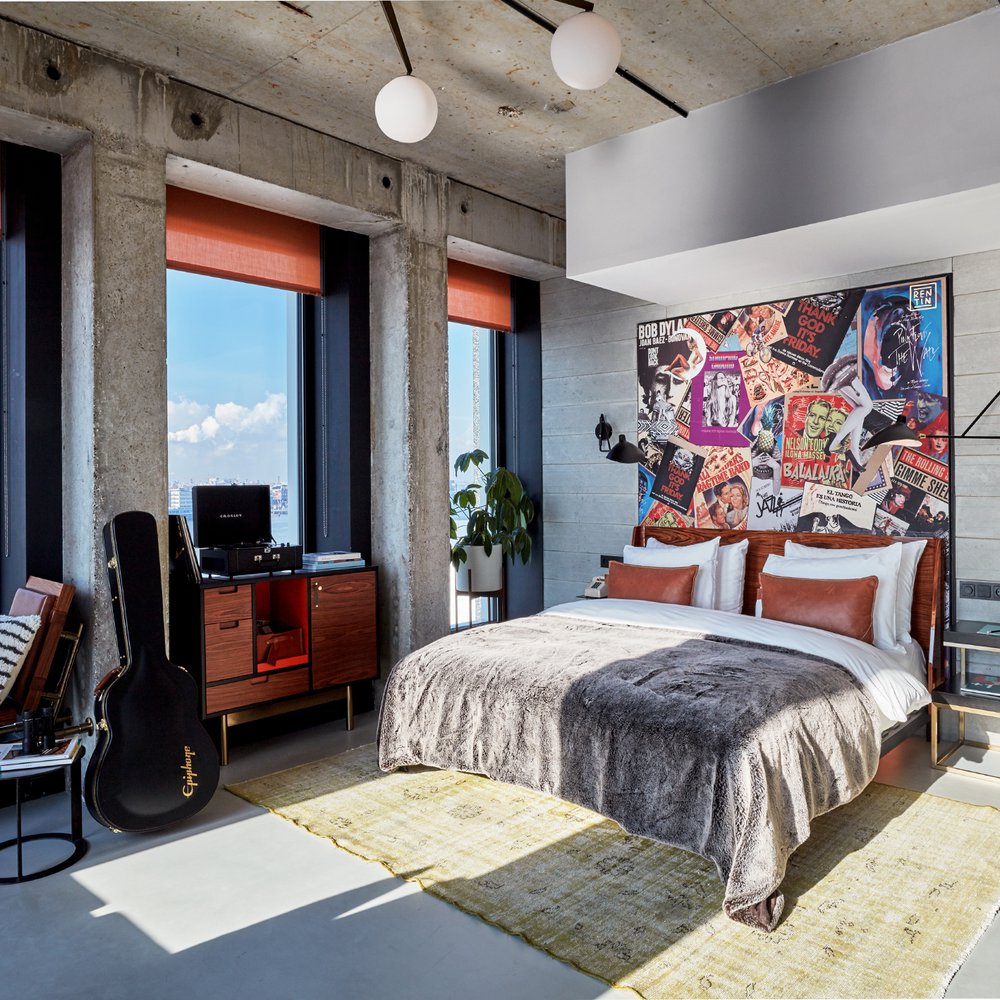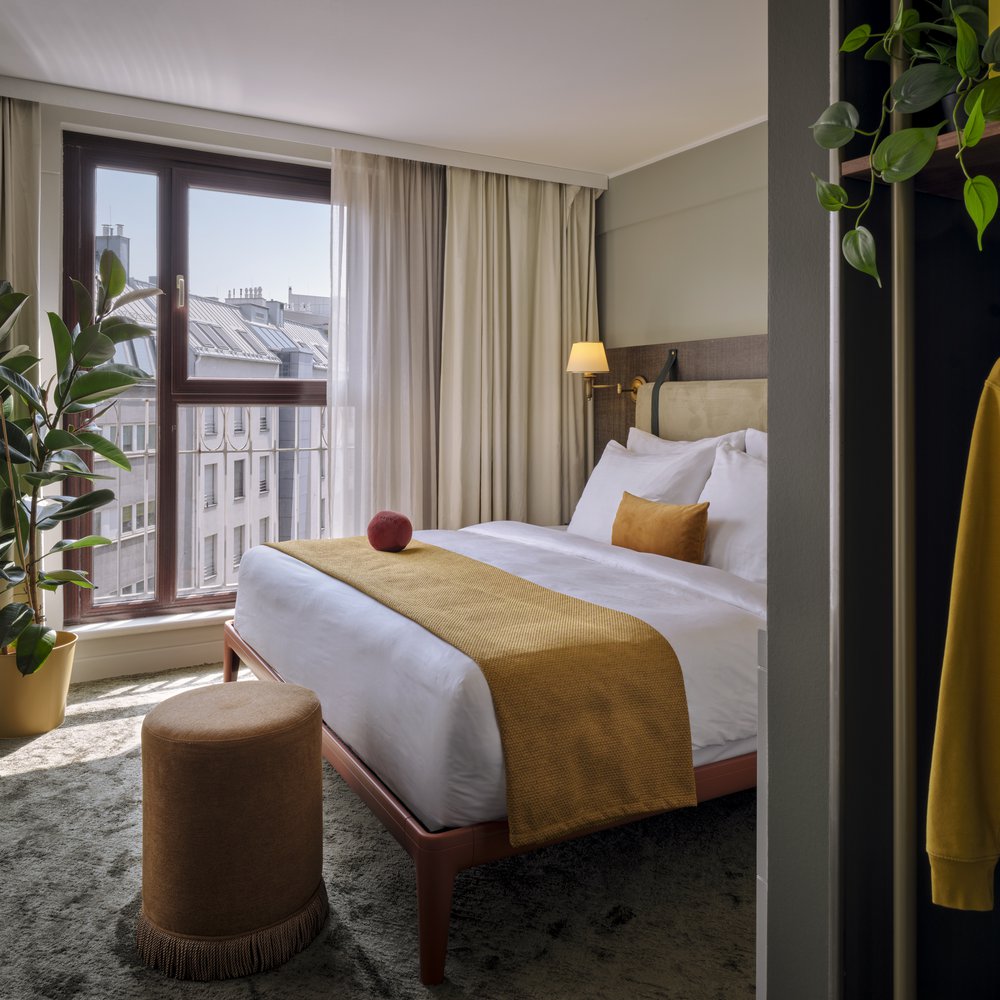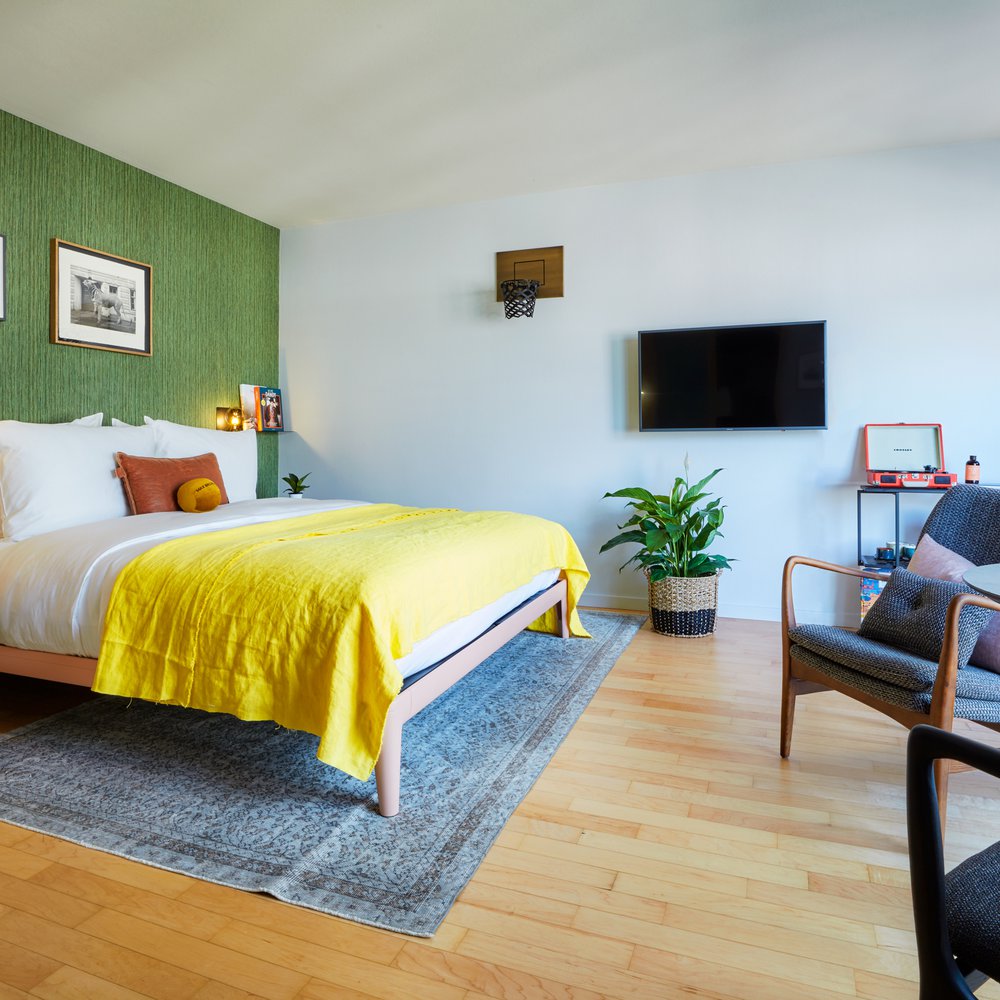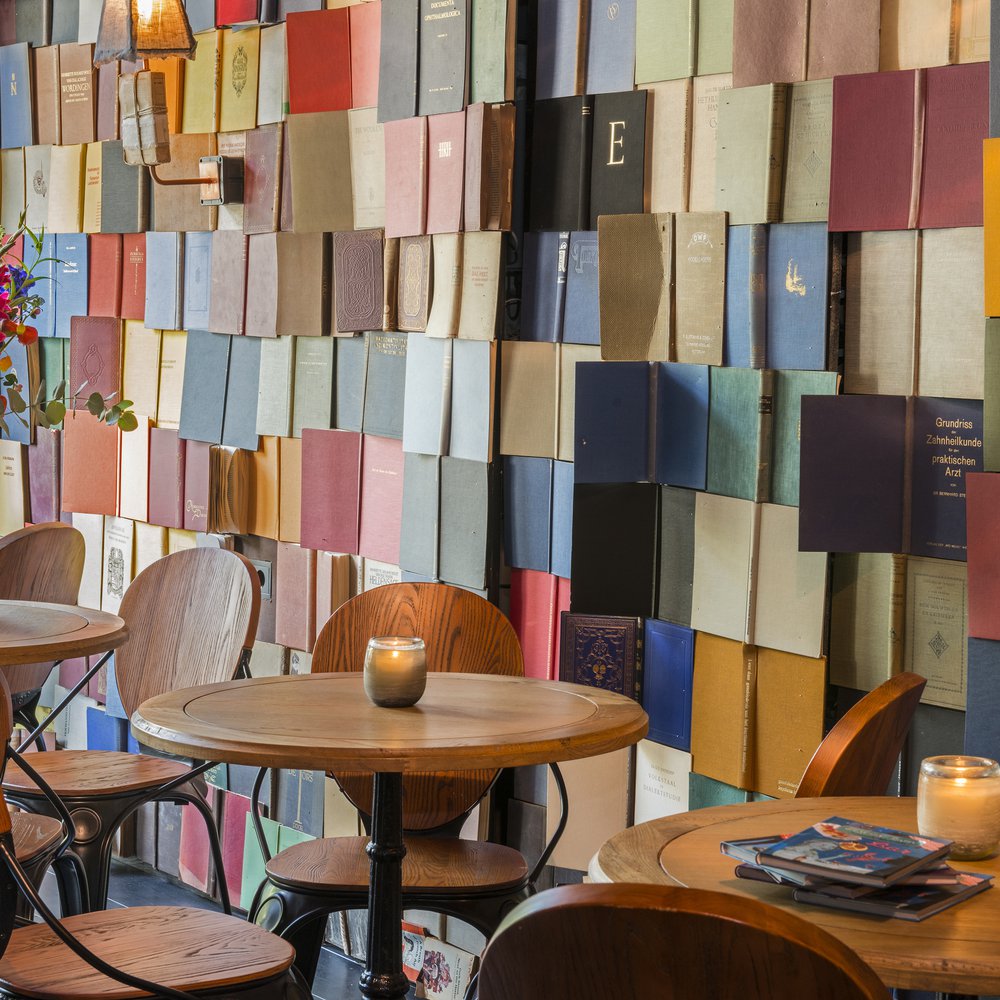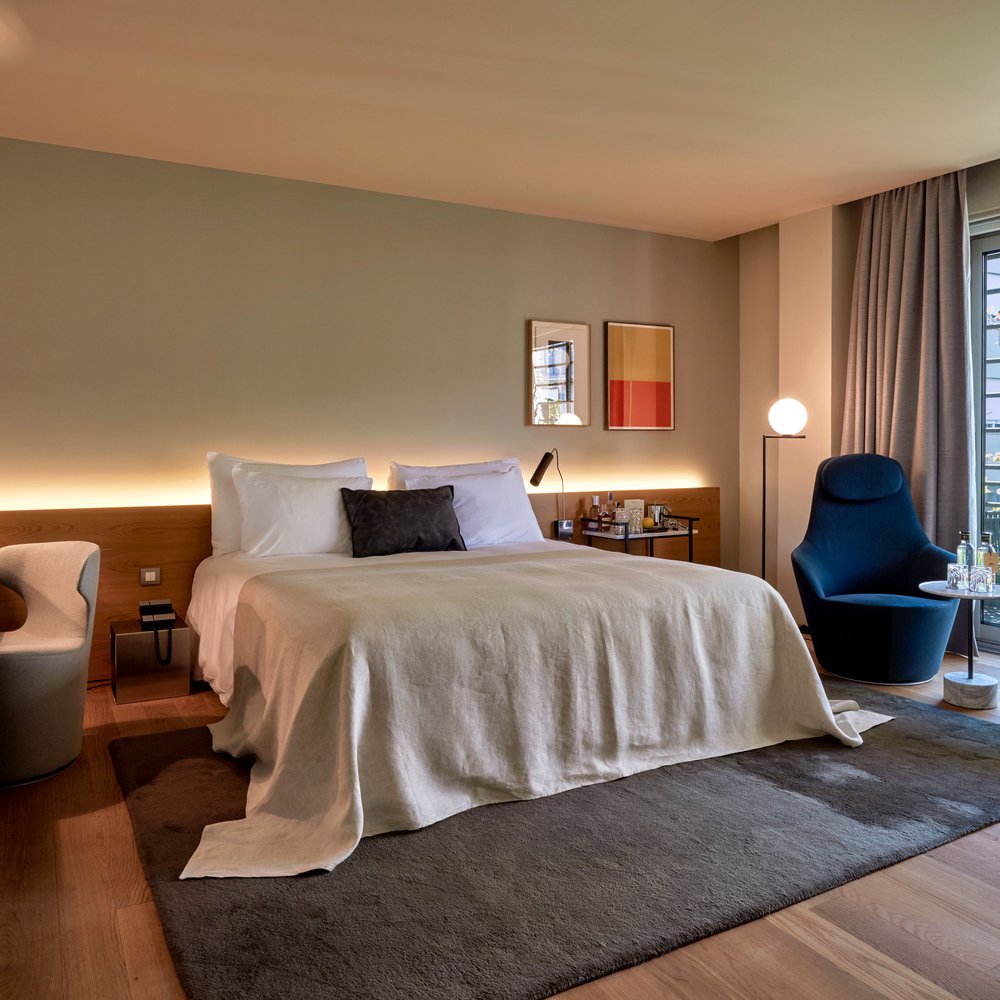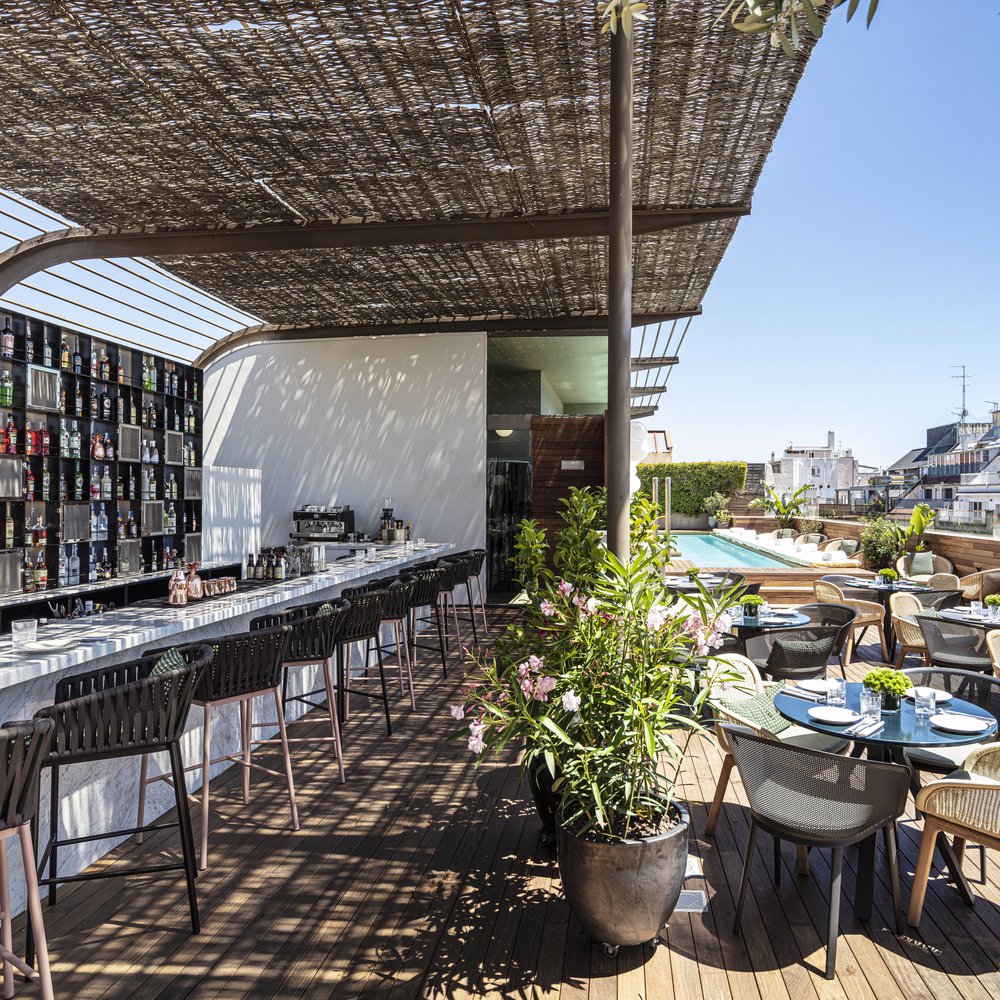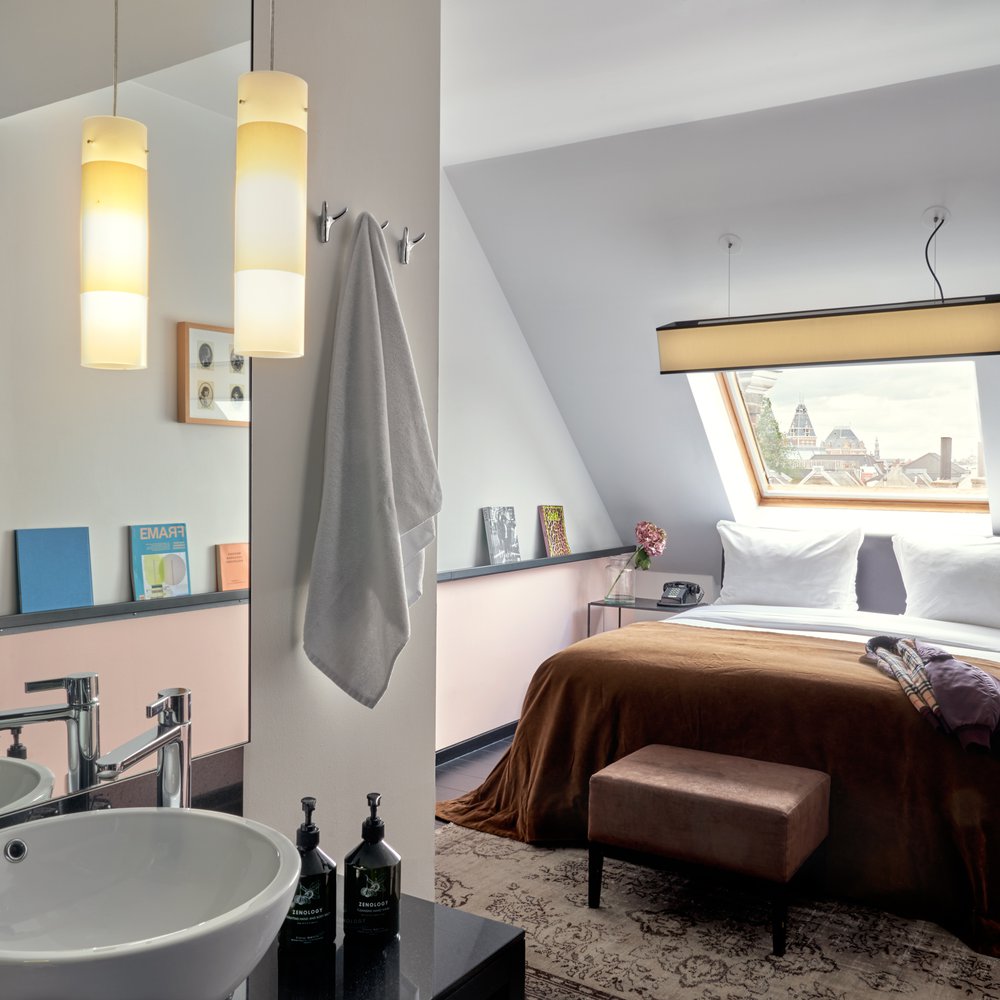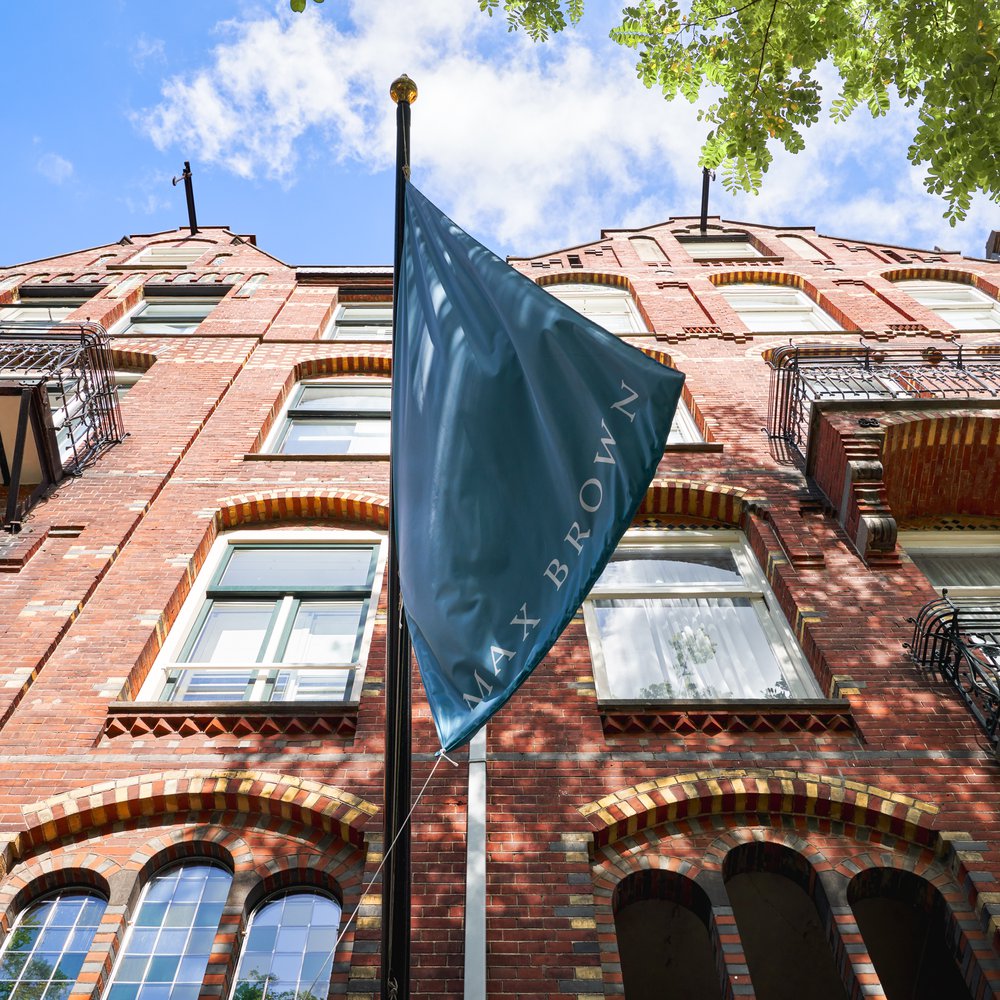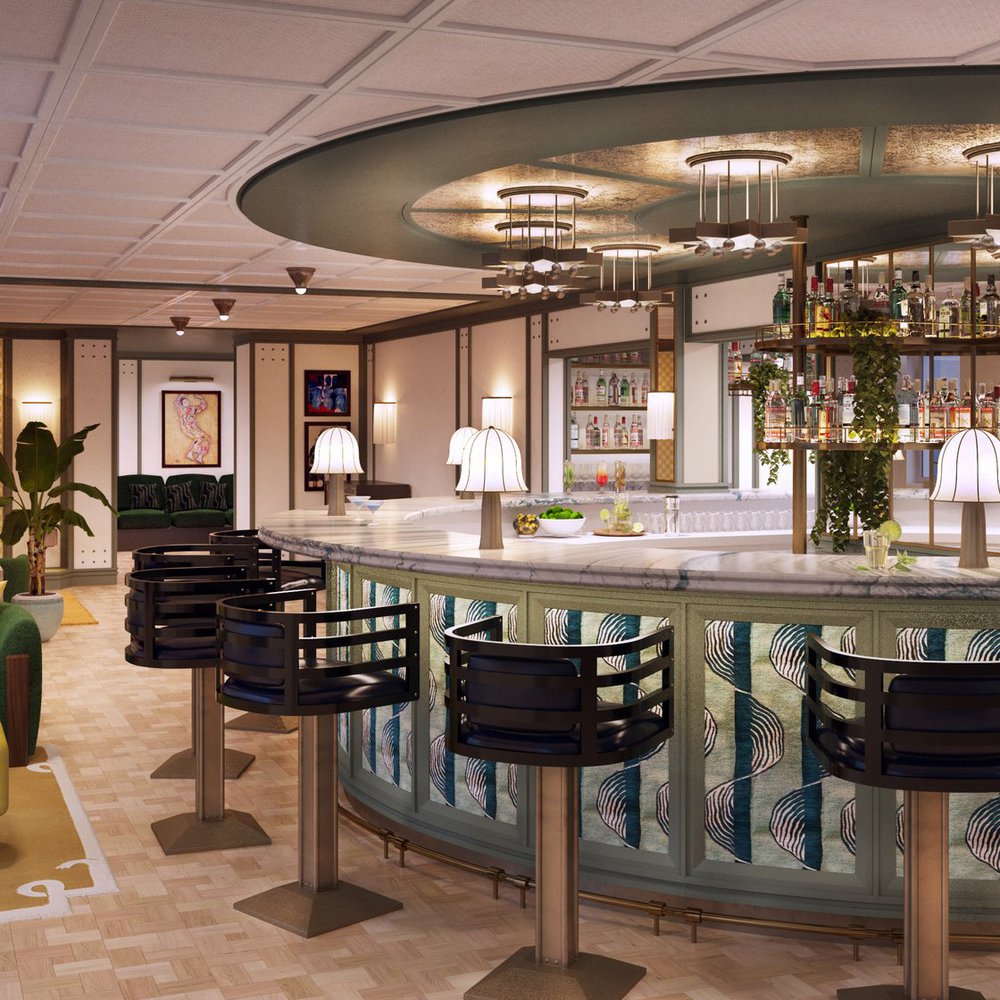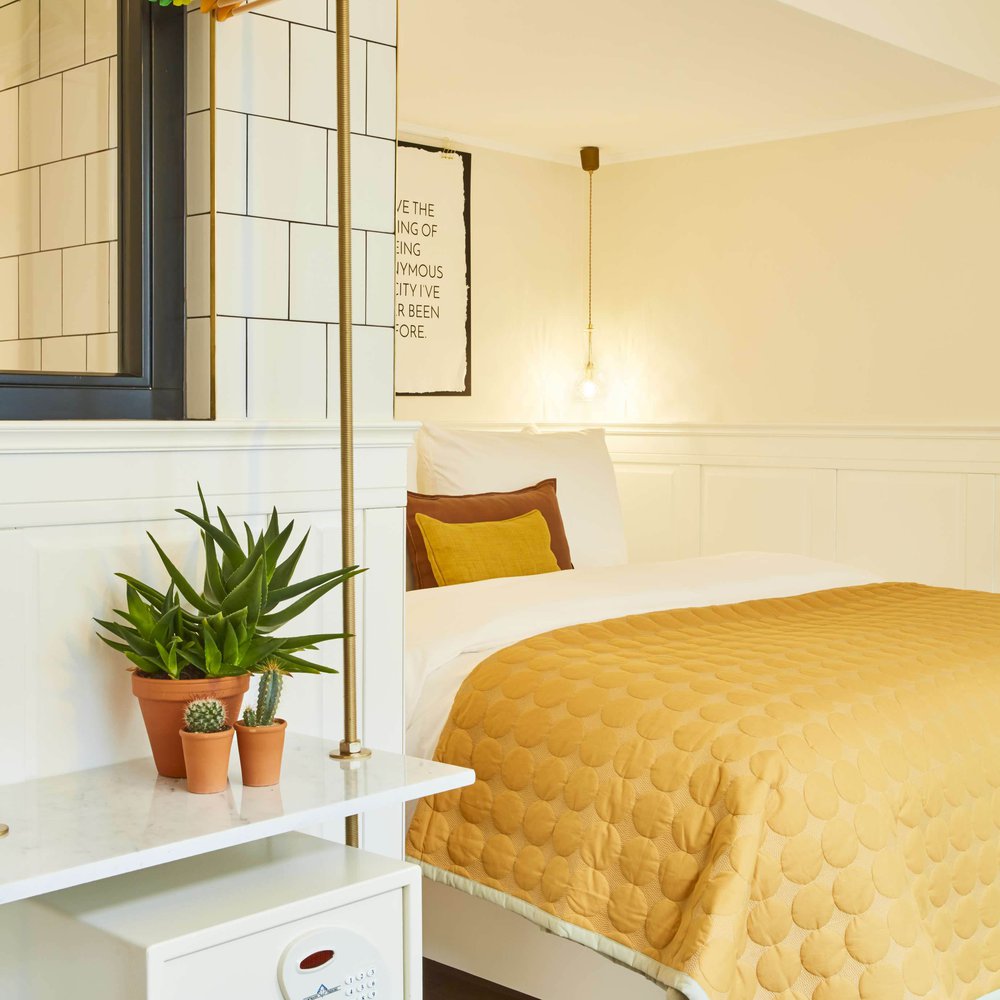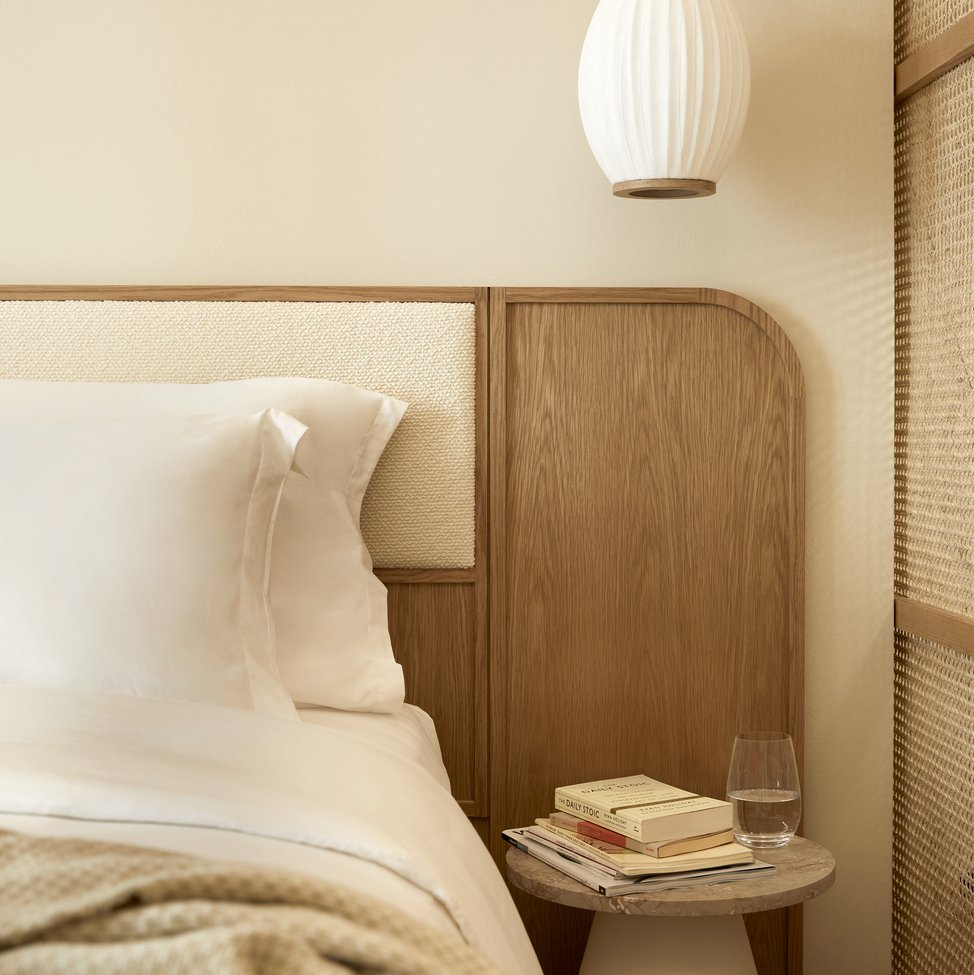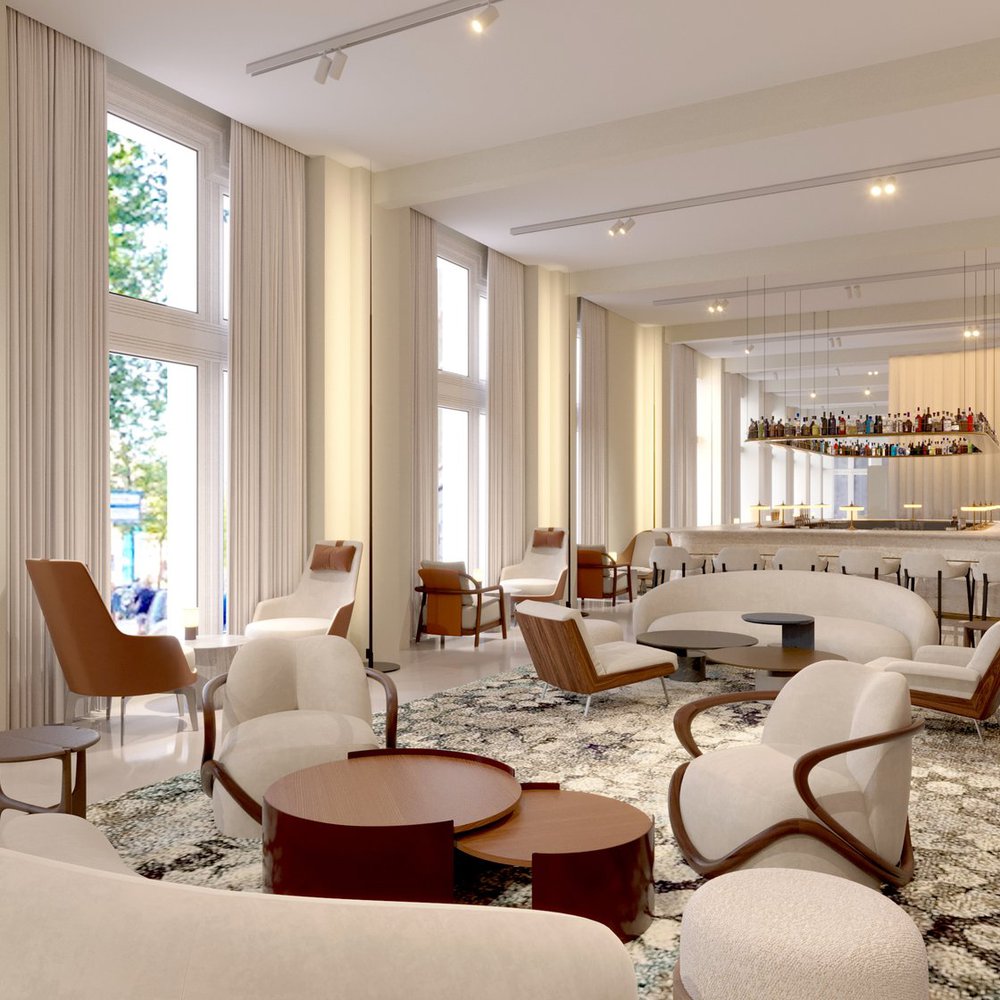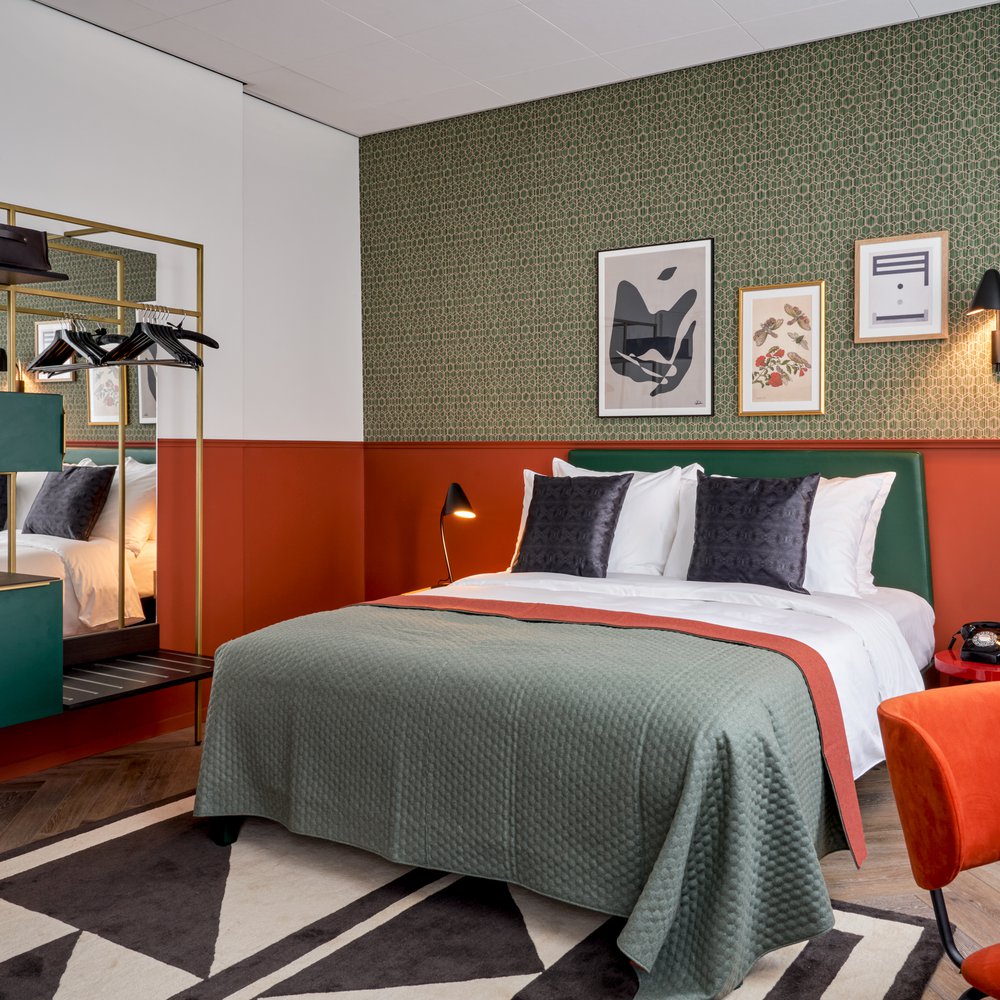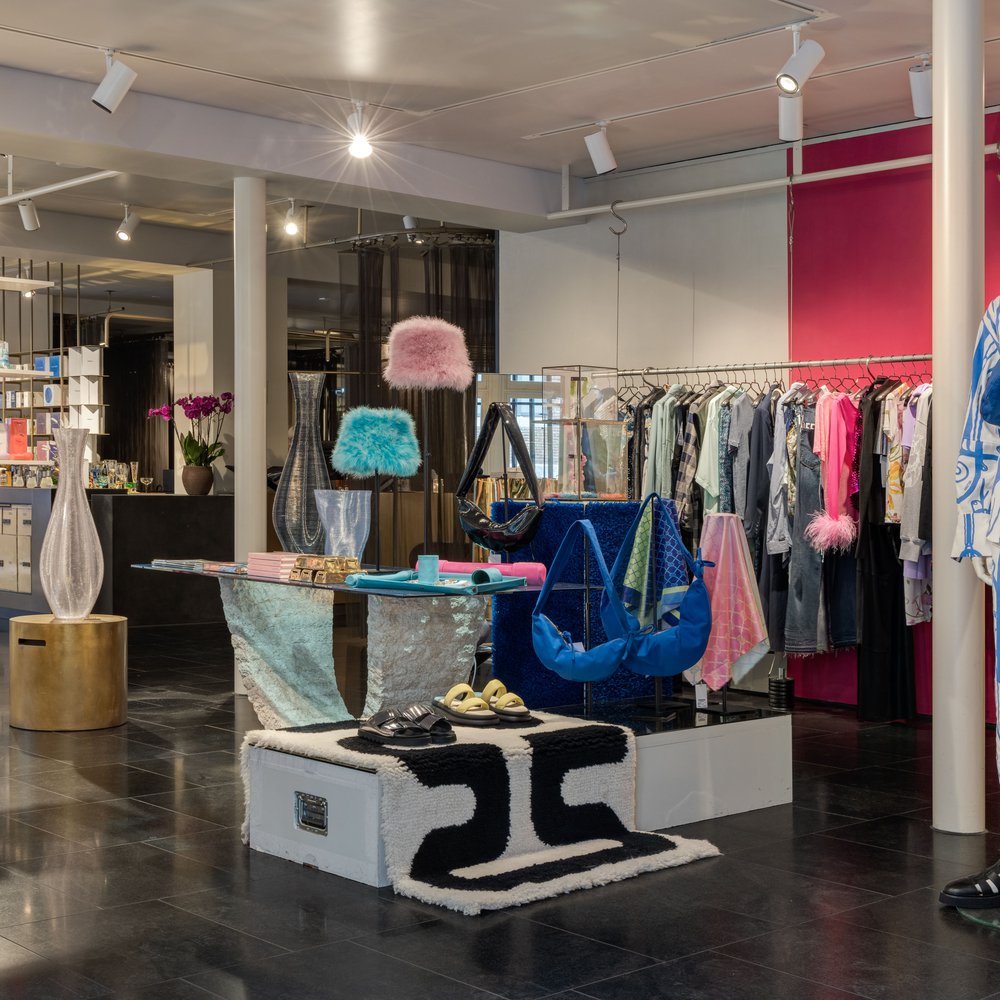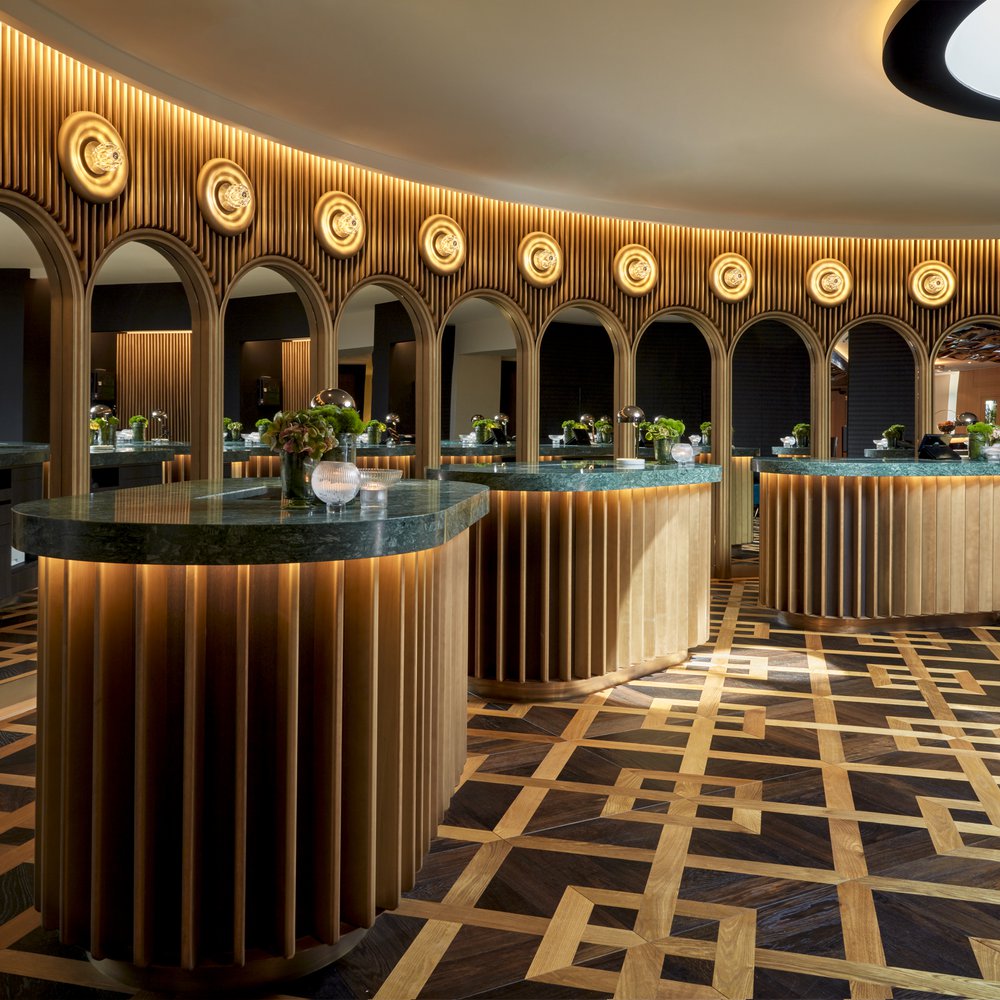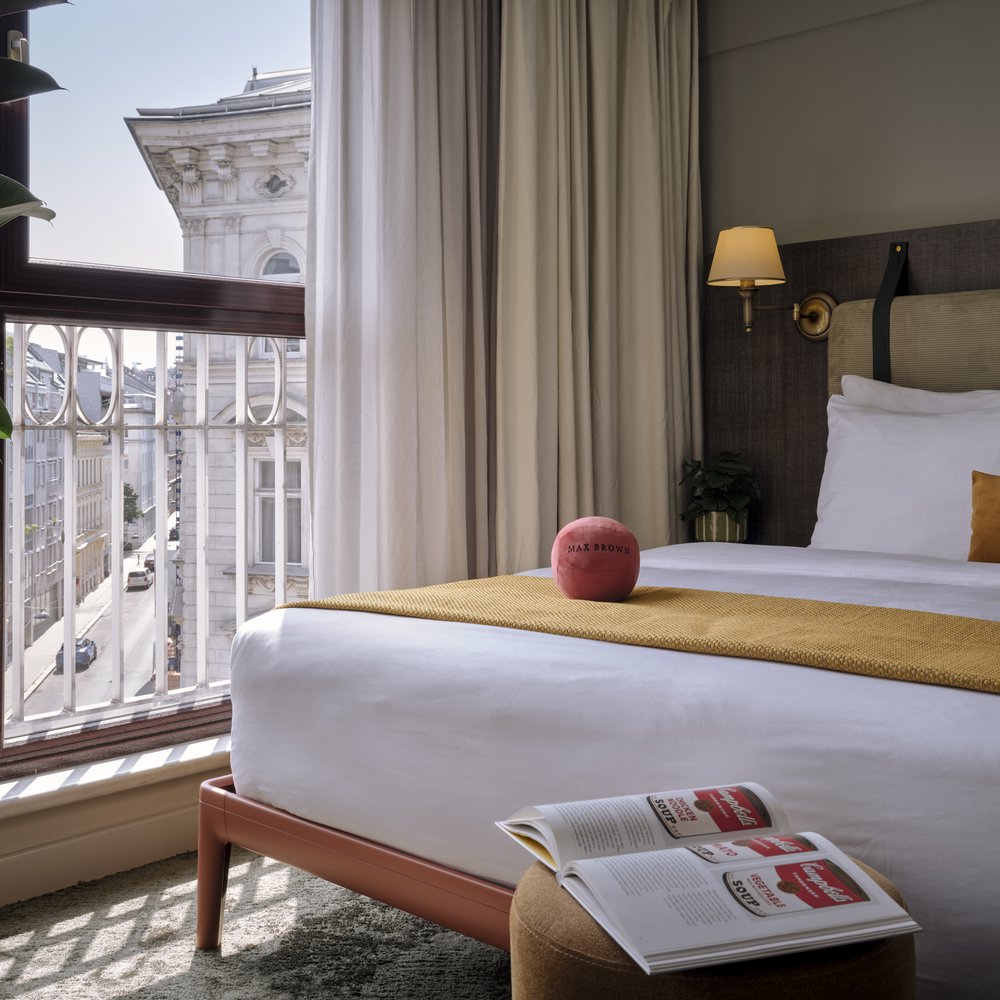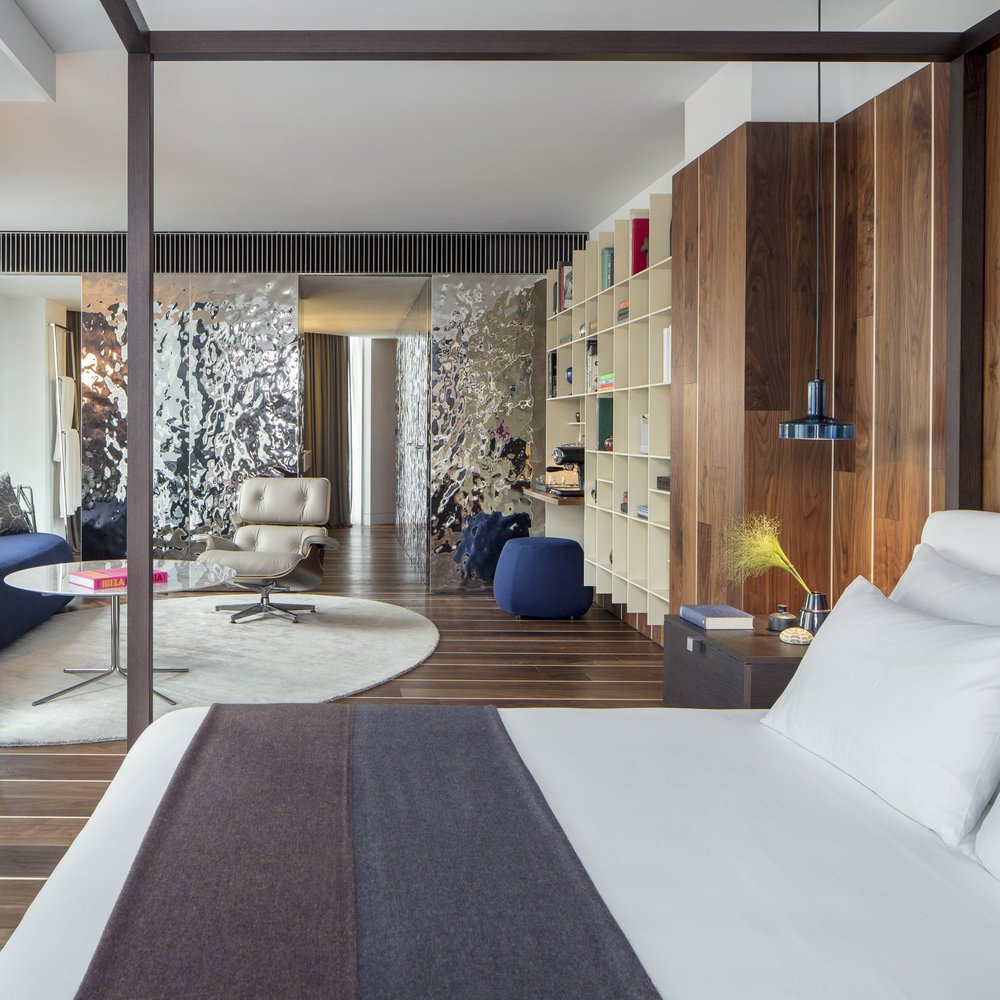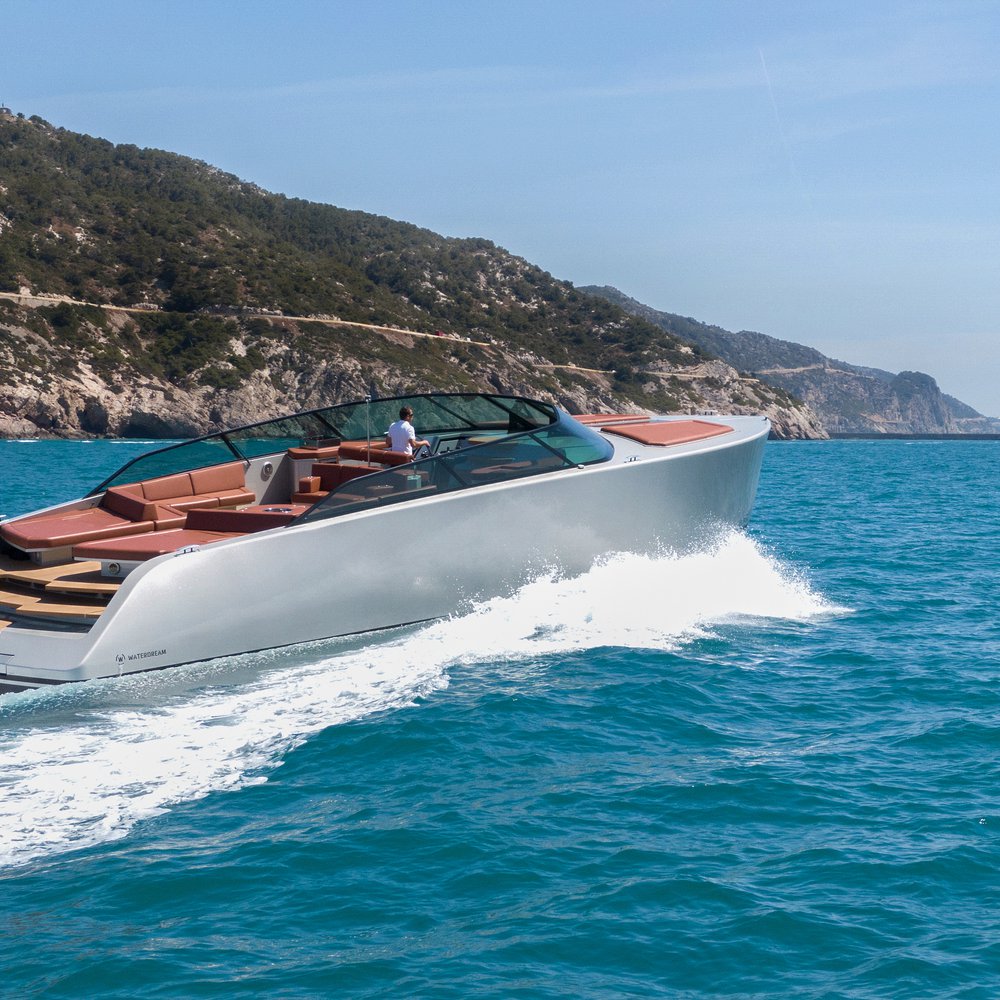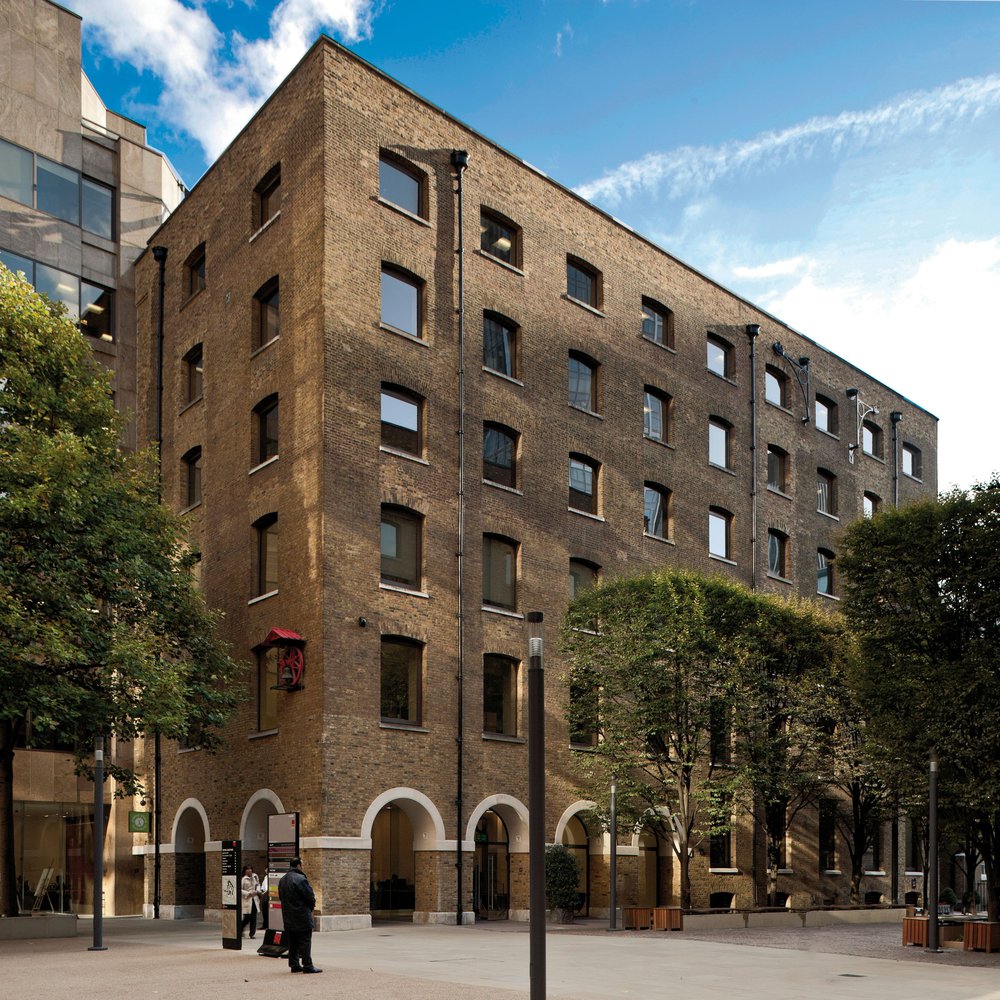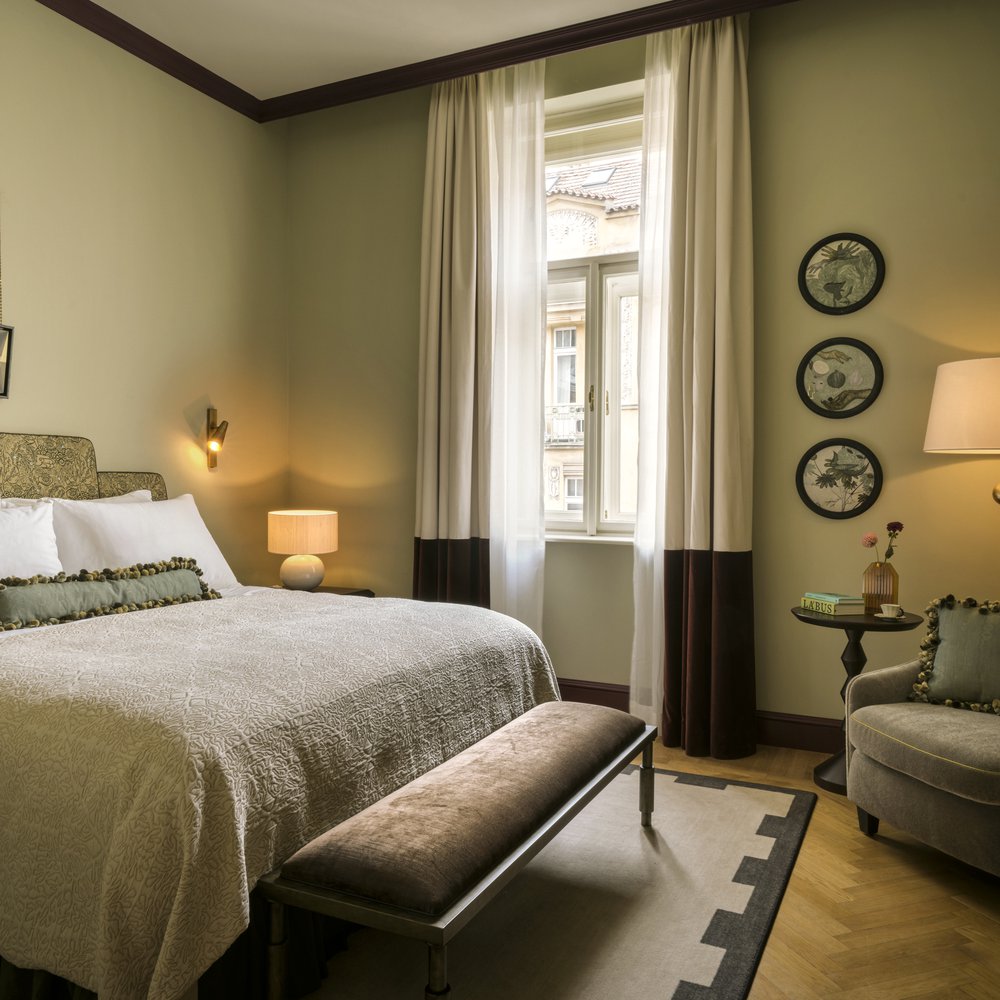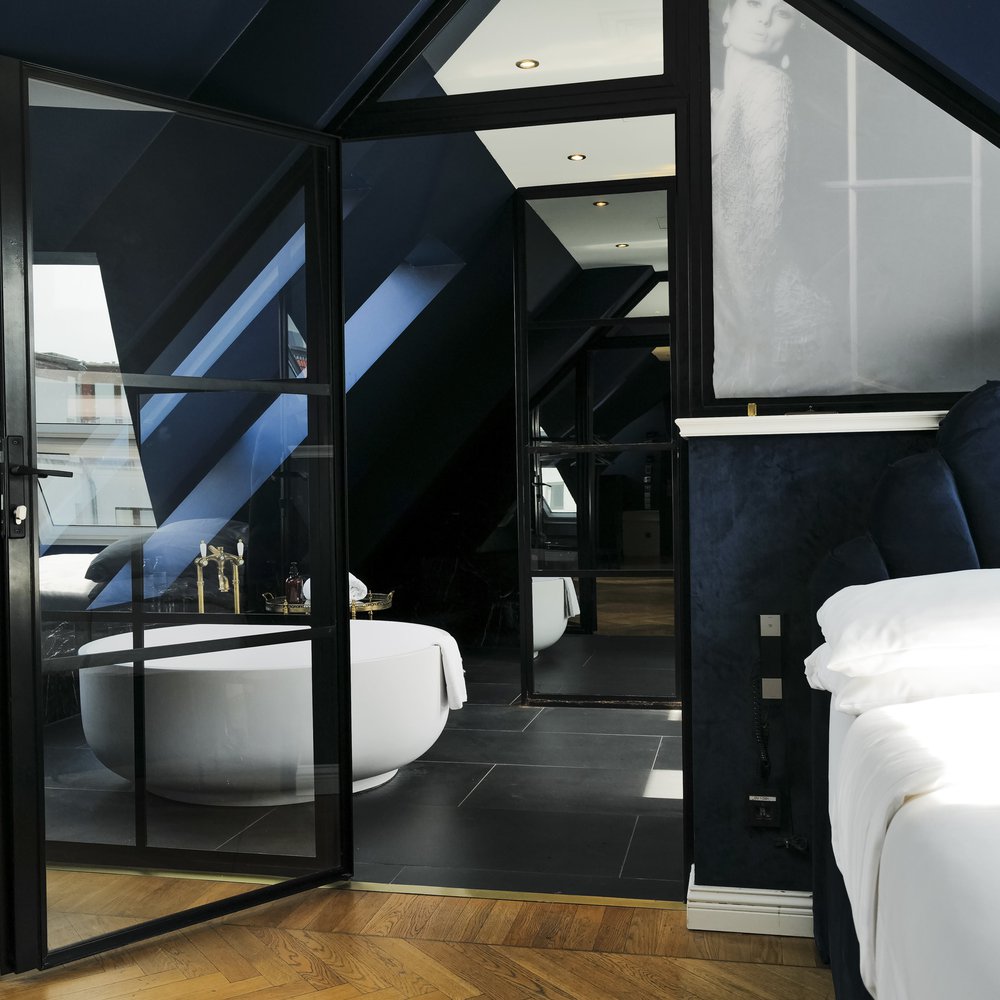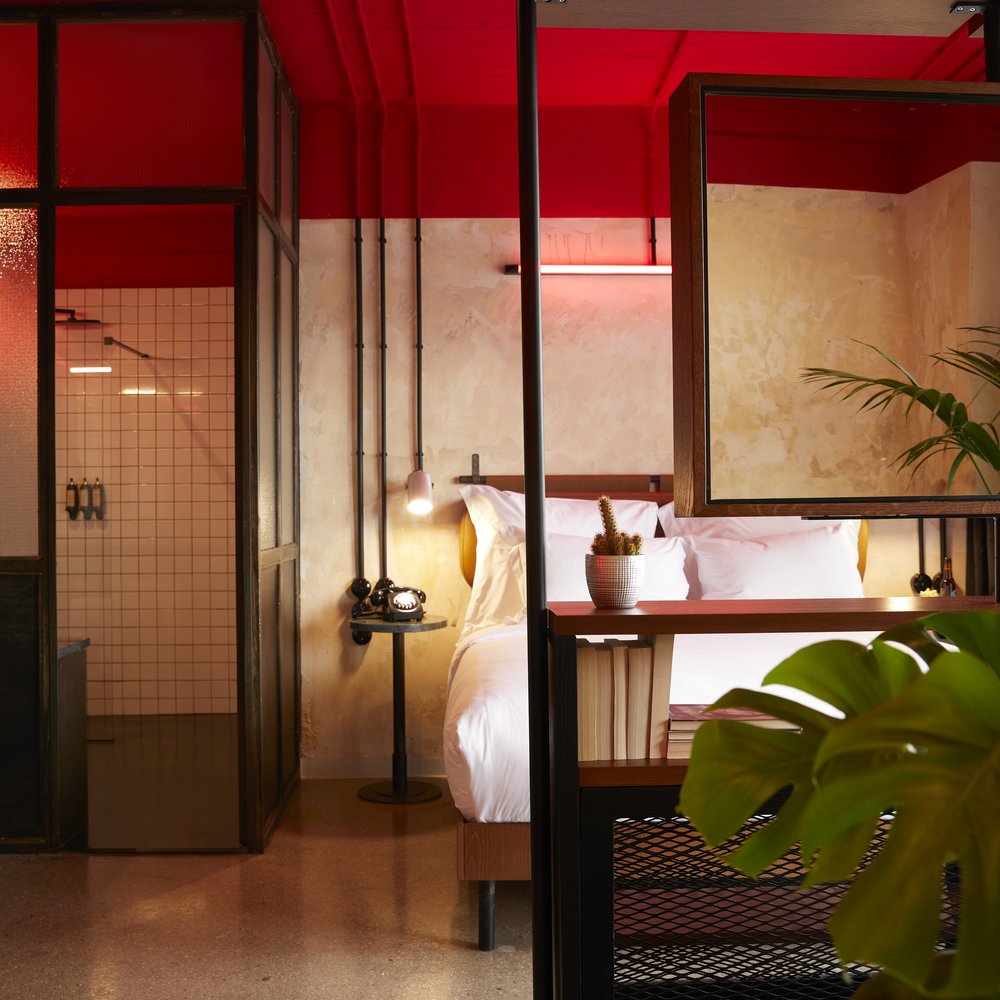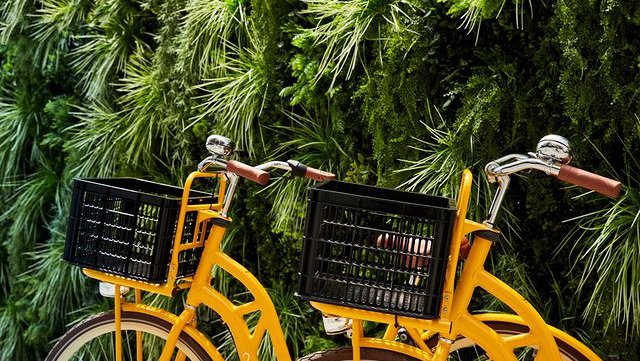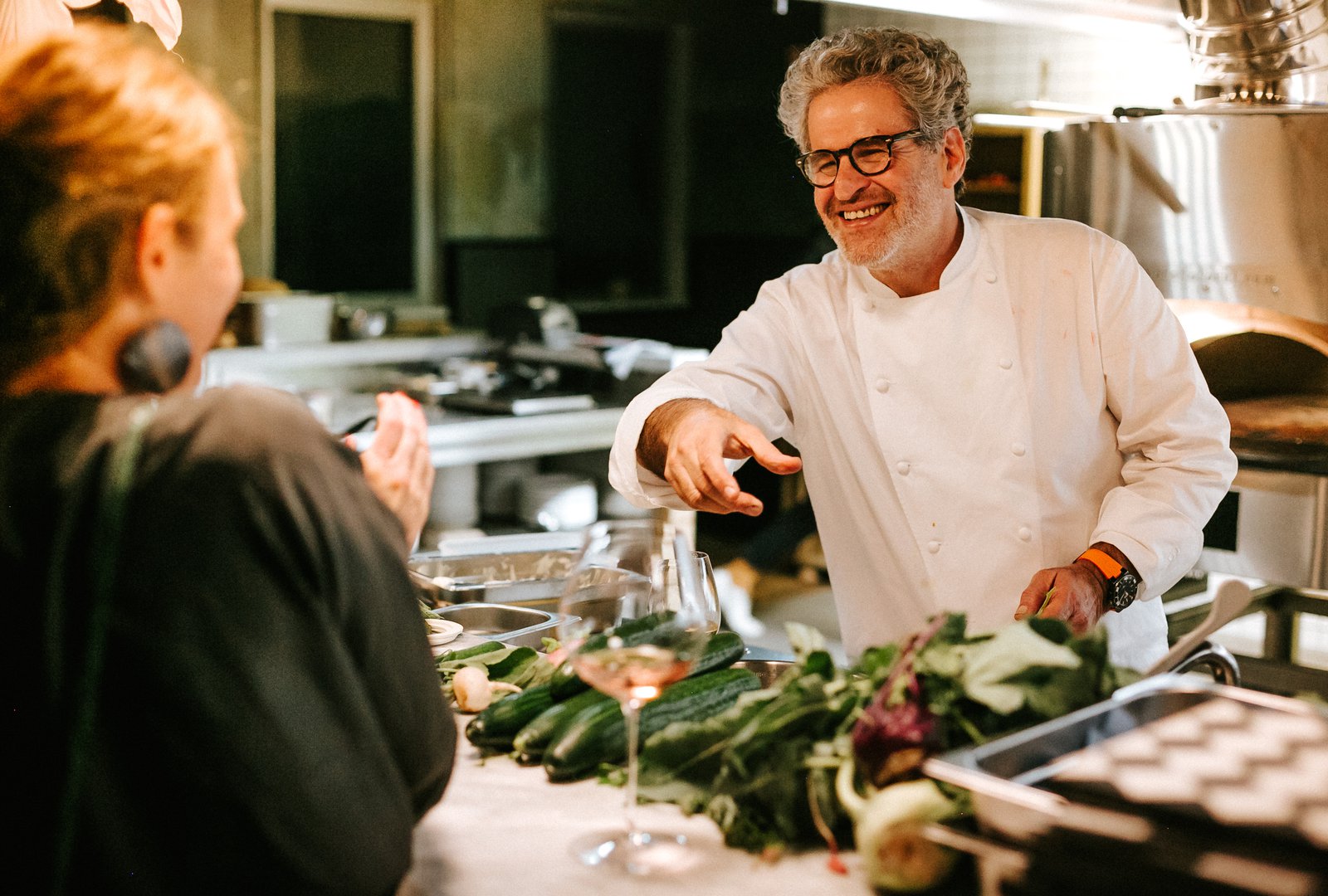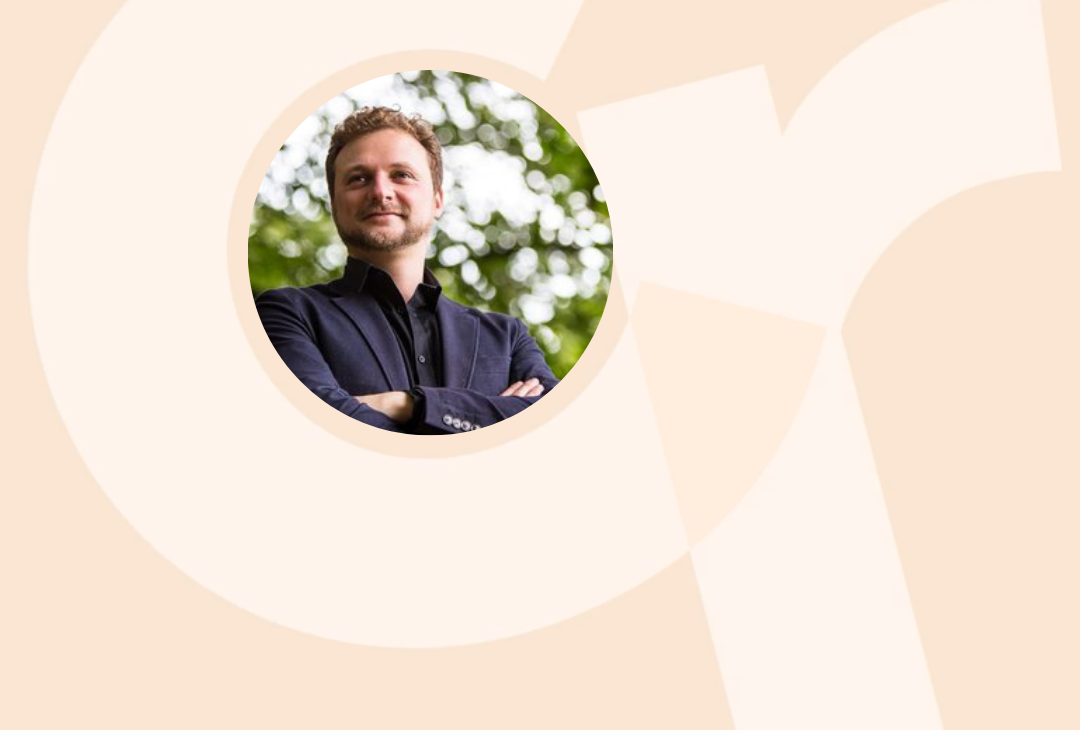With Earth Day just around the corner, we’re shining a light on the amazing work of Andres and his team at Green Partner. They've helped our properties become more sustainable – from implementing green technologies, such as energy-saving sensors in guest rooms at Sir Joan to reducing food waste across our Max Brown and Park Centraal locations. Andres and his team have been instrumental in guiding us and other hotels in the right direction. We recently caught up with Andres to talk about how these sustainable practices not only benefit the environment but also positively impact our industry's bottom line.
Let’s start with an easy one. Can you walk us through your definition of sustainability in the context of the hospitality industry, and how it guides your approach to consulting?
For me, sustainability in the hospitality industry is the perfect balance between our responsibility to the environment (e.g. water use, energy use, waste management), our commitment to society (e.g. giving back without asking for anything in return), and progress (e.g. buying local products and services to support local growth). If a hotel can achieve this balance, it has achieved sustainability.
We’re not only working together to reduce our carbon footprint, but also to make sure we're taking a holistic approach to sustainability. It’s one of the reasons we’re hiring a Sustainability Manager to join our team. So far, can you share some examples of how you've helped us in our efforts?
Yes, of course. As you mentioned, to take a holistic approach to sustainability, it's important not to focus solely on reducing CO2 emissions, but to optimize resource usage overall. For example, we were able to reduce your water usage in hotel showers from 20 liters per minute to 7 liters per minute without affecting the guest experience, which optimizes both the water and energy resources. To reduce waste, we start by asking basic questions like "Do we really need it?" or "Can we repair what we already have?"
We know that sustainability is an ongoing effort, not a one-time fix. How do you stay up-to-date on the latest industry trends and best practices, and how do you work with hotels to continuously improve their sustainability efforts over time?
Sustainability is a continuous improvement process, so the first step is to establish a robust baseline to measure progress from. We stay up-to-date on industry trends and best practices by paying attention to ESG and CSR policies from OTAs, airlines, and global innovations, as well as European directives. We work with hotels to continuously improve their sustainability efforts by providing training and staying abreast of what modern guests demand.
Can you tell us about your experience working with other hospitality groups to implement sustainable practices, and how you've seen those initiatives positively impact both the environment and the bottom line?
I've worked with a wide range of hotel groups, from domestic and international brands to independent owner-operated hotels. What I've come to realize is that a hotel's size and star-rating are less important than its genuine commitment to sustainability. For instance, incorporating local and organic food options into hotel restaurants can decrease transportation costs while improving food quality, which can lead to a better guest experience and a great way to engage the local community.
Looking ahead, what are some of the most pressing sustainability challenges facing the hospitality industry, and how do you plan to address them in your work?
While I'm optimistic about hotels succeeding in sustainability in the coming years, the challenge is changing our models and behavior patterns. The next steps are training staff, measuring progress, and setting targets that go beyond regulatory requirements. I think we’re still seeing a lot of "greenwashing" in the industry, so holding ourselves and our peers accountable is showing true commitment to sustainability beyond the standard expectations.
If you’re curious, learn more about our sustainability focuses here.
